The Trump administration is attacking the Endangered Species Act in unprecedented ways since the passage of our nation’s landmark conservation law.
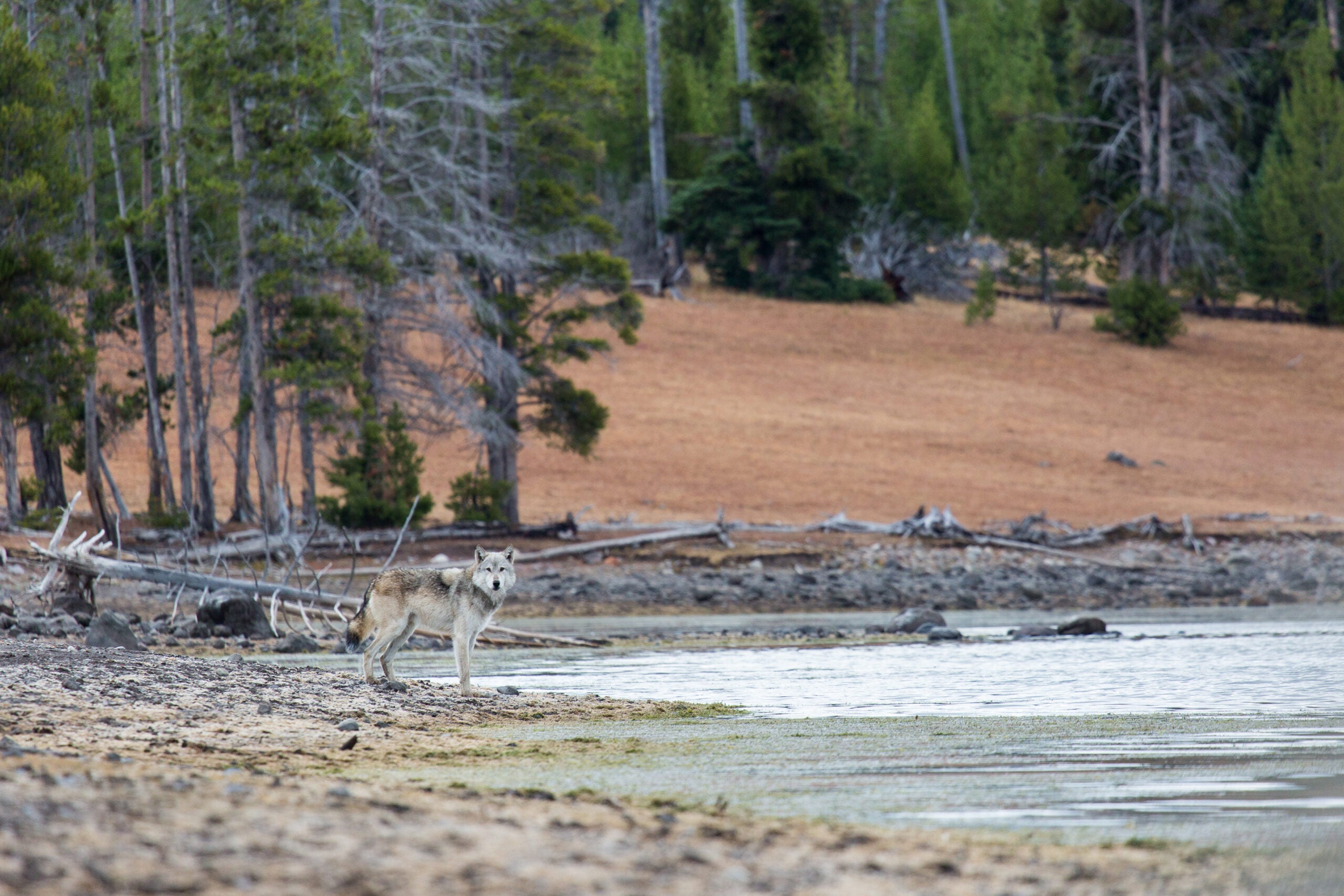
Recognizing that extinction is irreversible, the United States did in 1973 what no country had done before, establishing a commitment to protect and restore the species that are most at risk of extinction.
The Endangered Species Act (ESA) is one of the most popular and effective environmental laws ever enacted.
Since it was signed into law by President Nixon 50 years ago, the Endangered Species Act has had a 99% success rate, saving numerous animal and plant species that would have otherwise disappeared forever. Millions of people would have never witnessed the majesty and wonder of these species in the wild if it hadn’t been for this law.
But now, the Trump administration is proposing to eliminate habitat protections for vulnerable species. The destruction of habitat is the main cause for species decline and in the United States, over one-third of species at risk of extinction. The Trump administration is trying to rewrite a regulation to pave the way for timber, oil, mining and other extractive industries to destroy habitat where endangered species live, even if the damage to habitat harms those species.
When the first Trump administration finalized an “extinction plan,” dramatically weakening the Endangered Species Act, we went to court to defend the ESA. We’re prepared to do it again.
It takes millions of years for species to evolve — but if we fail to protect our incredible, diverse fellow species from human-made threats, they can be lost in the blink of an eye.
Earthjustice, born in the same era as the Endangered Species Act, has been at the forefront of efforts to ensure this critical statute is enforced, acting in the interest of hundreds of plants and animals to ensure their survival. These benefits extend to people too.
We are all a part of the web of life that is coming unraveled. We rely on functioning ecosystems and thriving biodiversity for everything from clean water to food, as well as significant benefits to our health.
These six species are among the many that have been saved from extinction by the Endangered Species Act — or could be if granted the protections they need:
These six species are among the many that have been saved from extinction by the Endangered Species Act — or could be if granted the protections they need:
1. Gray Wolves
Scientists estimate that as many as 2 million gray wolves once roamed North America, including much of the contiguous United States. Because of government-sponsored killing programs, wolf numbers in the lower 48 states had dwindled to fewer than 1,000 animals. Wolves’ incredible comeback to the Northern Rockies is one of our country’s greatest wildlife success stories. Yet their future is now under threat. Earthjustice secured the protection of the gray wolf after the first Trump administration tried to remove it. But a new, Republican-led effort in Congress could strip protections for gray wolves in 48 states.
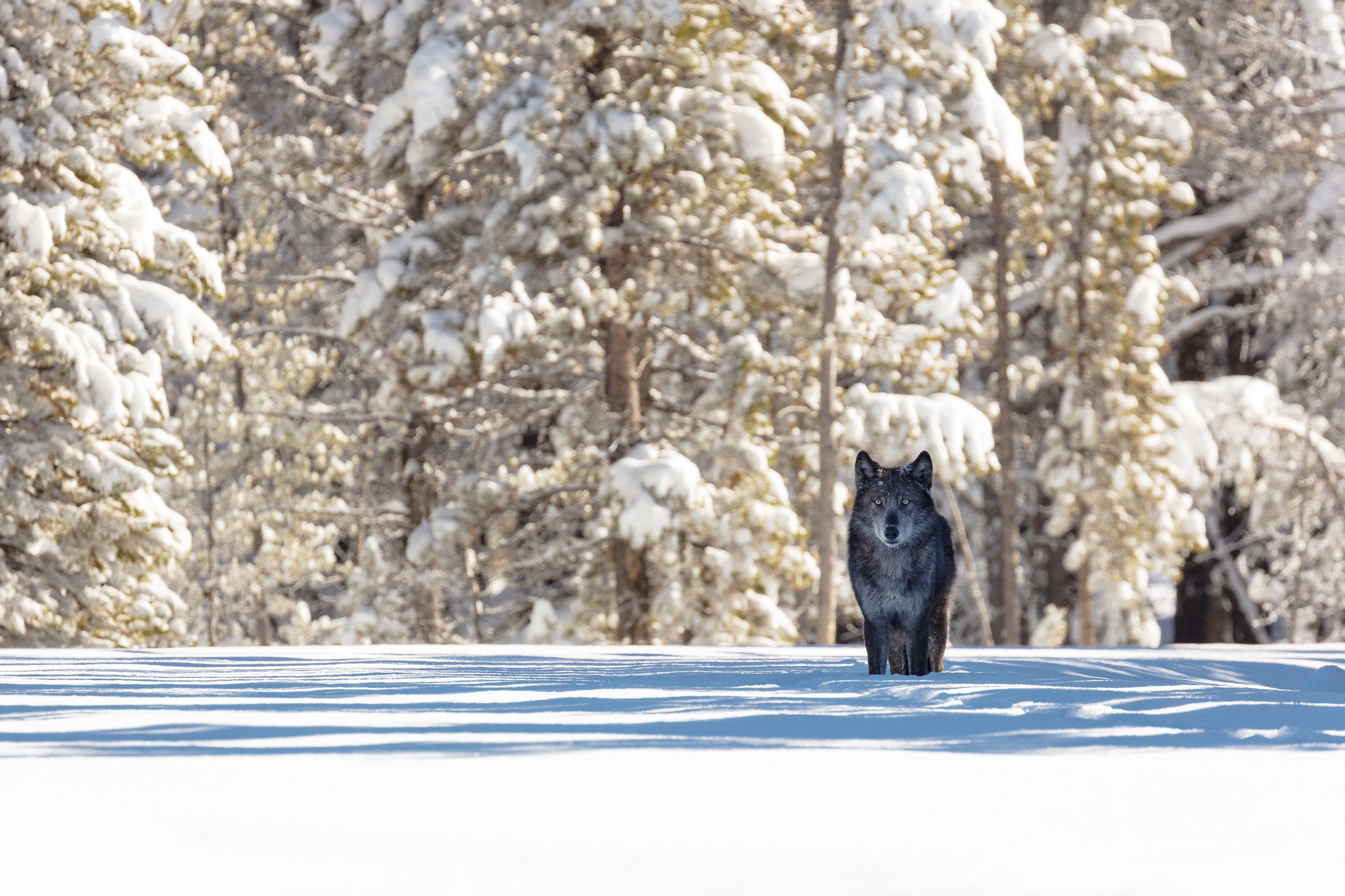
2. Bald Eagles
An Endangered Species Act success story, our national symbol today numbers at more than 71,000 pairs in the United States, recovered from a low of 417 known nesting pairs in 1963.
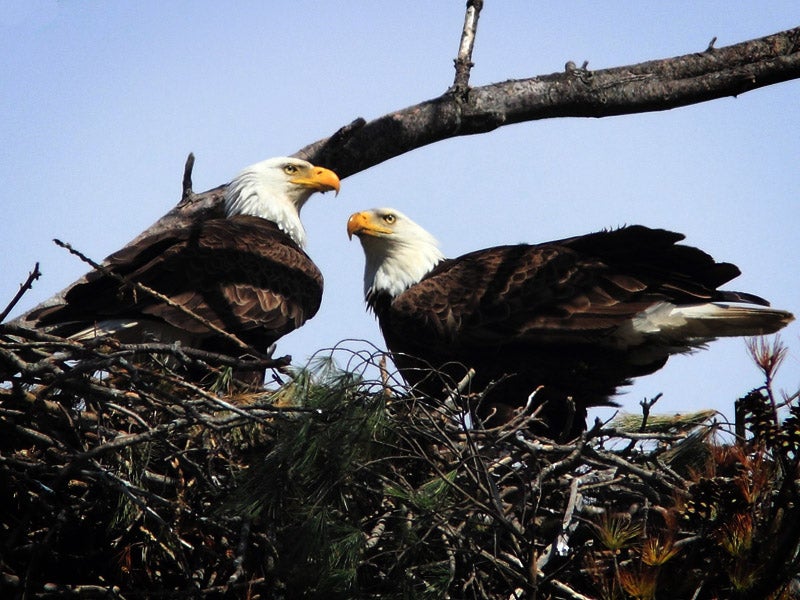
3. Grizzly Bears
Fifty years after the federal government added Yellowstone grizzlies to the endangered species list, the bears have returned from the brink of extinction — but their survival is still precarious. In 2024, we saw more grizzlies killed by humans than in any other year in the past half-century.
Earthjustice has spent decades fighting to give grizzlies their chance at recovery, fending off attempts to delist the Greater Yellowstone population. Recently, Earthjustice worked with leading bear biologists to propose an updated recovery plan for the species.
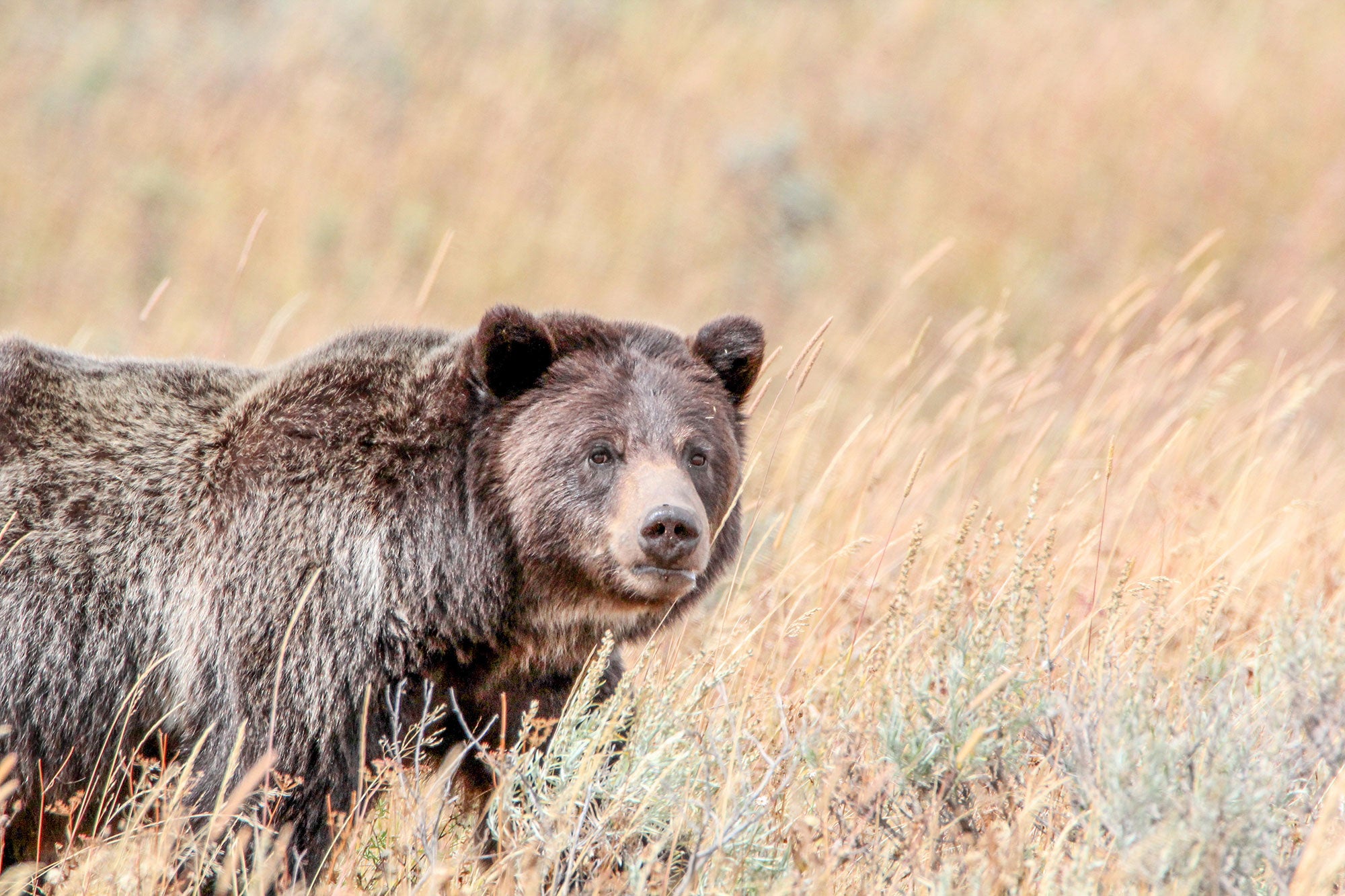
4. Killer Whales (Southern Resident)
Known to frequent the waters of Puget Sound, southern resident killer whales are dying. In 2025, the critically endangered population was counted at just 74 individuals according to data from the Center for Whale Research — a problem exacerbated by the low survival rates of calves. Earthjustice’s legal work secured Endangered Species Act protections for the orcas in 2005. And we’ve worked for decades to restore the orcas’ primary food source — wild salmon.
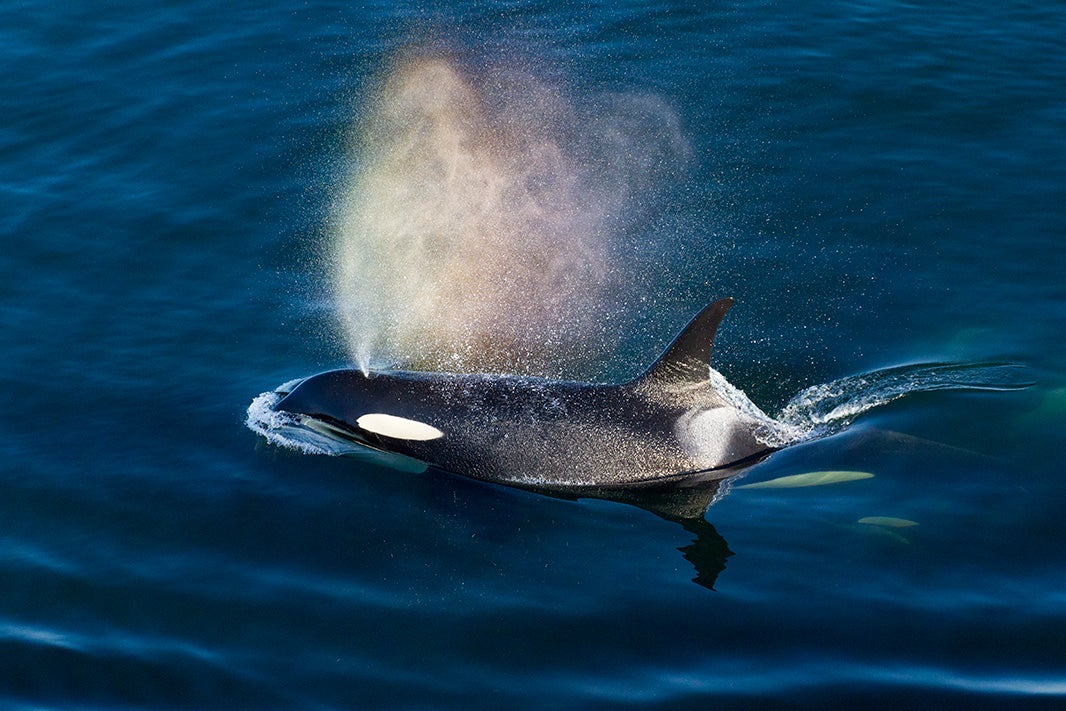
5. Florida Manatees
After losing their endangered status in 2018, their population fell by record numbers as sewage, manure, and fertilizer runoff continue to choke their habitat with toxic algae and kill off seagrass, their main food source. Earthjustice has worked for years both on behalf of the species and to curb algae outbreaks.
In 2021, over a thousand of Florida’s manatees died, and more than half of those deaths were due to lack of food. The following year, we sued the Environmental Protection Agency for failing to step in.
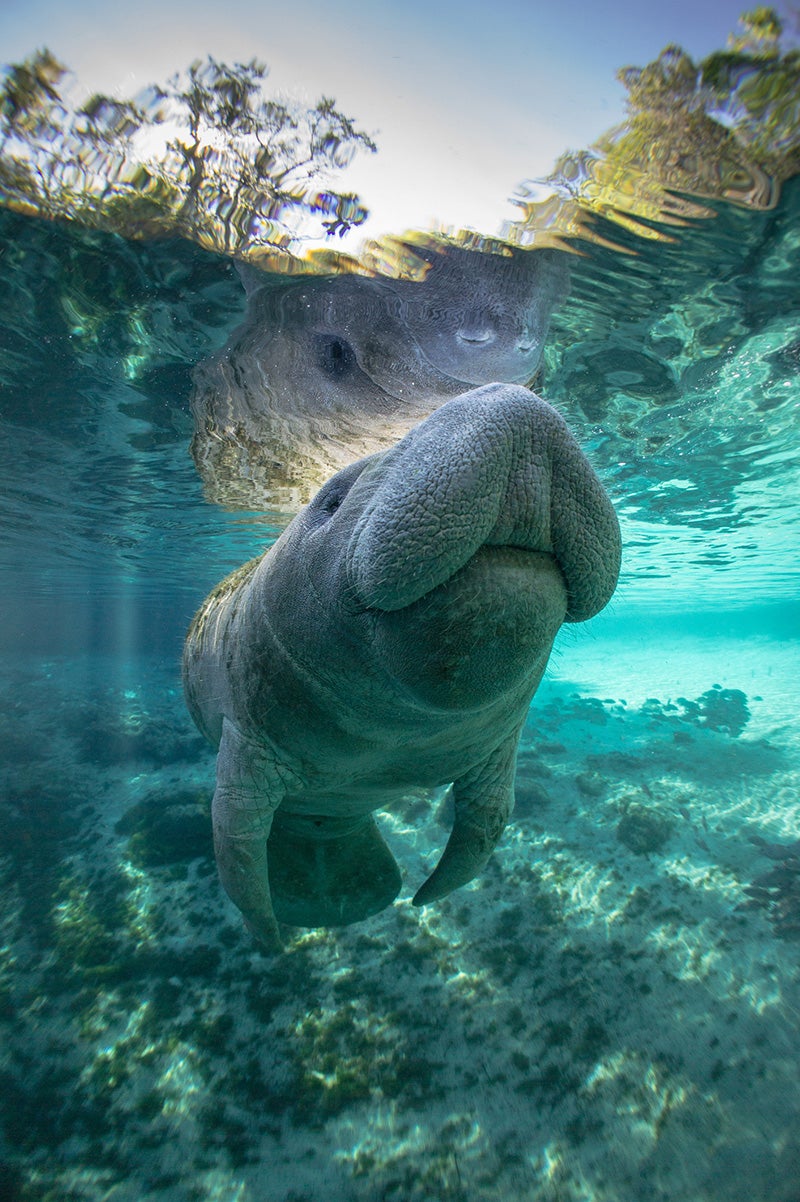
6. California Spotted Owls
In 2023, the Biden administration determined the California spotted owl should receive protection under the ESA. However, the decision was never finalized, and the owls remain unprotected. California Spotted Owls have seen their numbers dwindle because of logging and climate change, among other threats. For more than 20 years, Earthjustice and other environmental groups have advocated for protections for the owl to address its rapidly declining population. We’ll continue doing so until it is achieved.
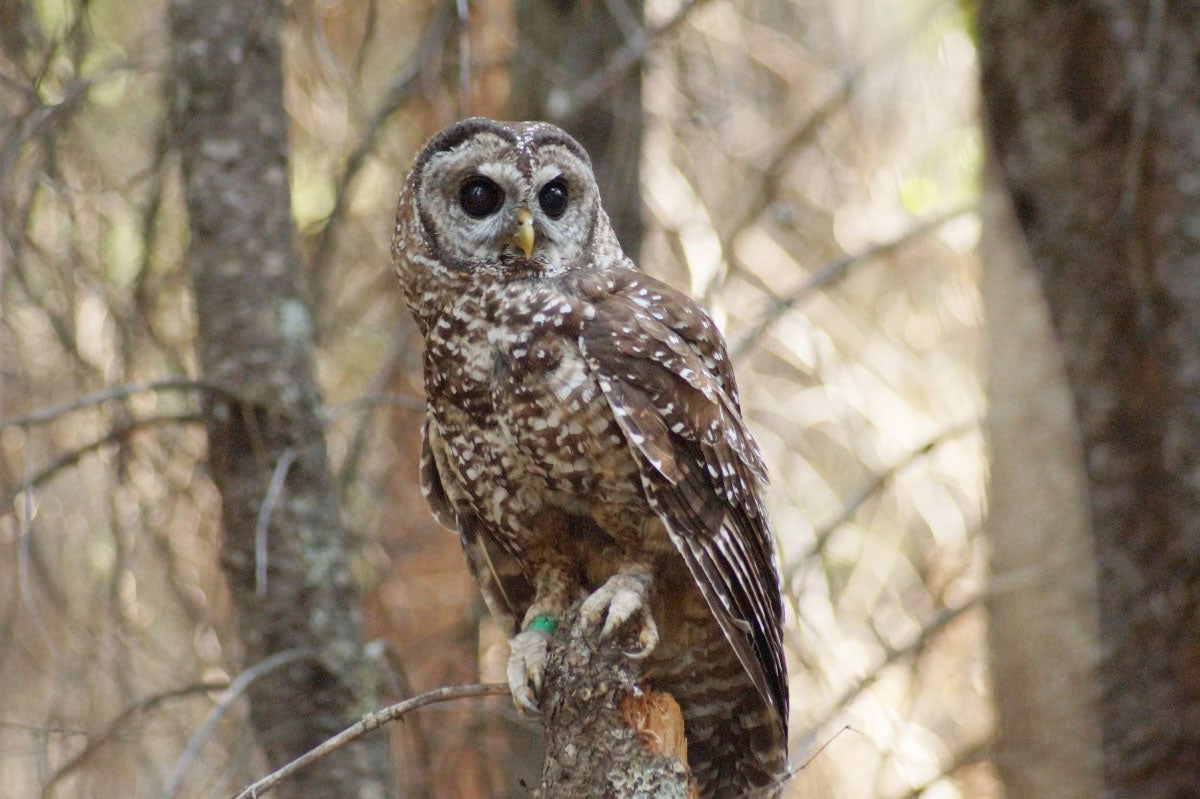
The Endangered Species Act is wildly popular among American voters. At a time when politics are increasingly divisive, more than four out five Americans support the ESA. Additionally, most Americans believe biodiversity is important to their everyday lives and that protecting it should be a national priority.
Scientists believe human activities that destroy habitat, overexploit and kill species, pollute water systems, and unnaturally speed up climate change, could drive one million species to extinction in the coming decades. This would equal the disappearance of more than a tenth of all species on Earth. That’s why the Endangered Species Act is urgently needed.
Scientists estimated that without the Act, at least 227 additional species would have gone extinct between 1973 and 2005.
As important, the act has protected millions of acres of forests, beaches, and wetlands — those species’ essential habitats — from degradation. Thanks to this legal safety net, today’s children are able to experience the wonder of rare wild creatures as living, breathing parts of our natural heritage, not as dusty museum specimens.
Now the Endangered Species Act is under political attack.
In addition to his proposed rule to eliminate habitat protections for endangered species, President Trump has already tried to sidestep the ESA. In his first 100 days, he falsely declared an “energy emergency” attempting to circumvent government processes to expedite the extraction of fossil fuels. One of Trump’s executive orders seeks to empower a committee of Trump appointees — mostly consisting of former industry executives — that could effectively decide the fate of an endangered species in the name of development.
President Trump has also terminated hundreds of U.S. Fish and Wildlife Service employees — nearly 5% of the agency’s workforce — which is responsible to implementing the ESA and was already critically understaffed.
It’s not just our web of life that needs saving, but also the law that is our best tool for protecting it. If anything, the ESA should be adapted to respond to the ongoing and intensifying extinction crisis.